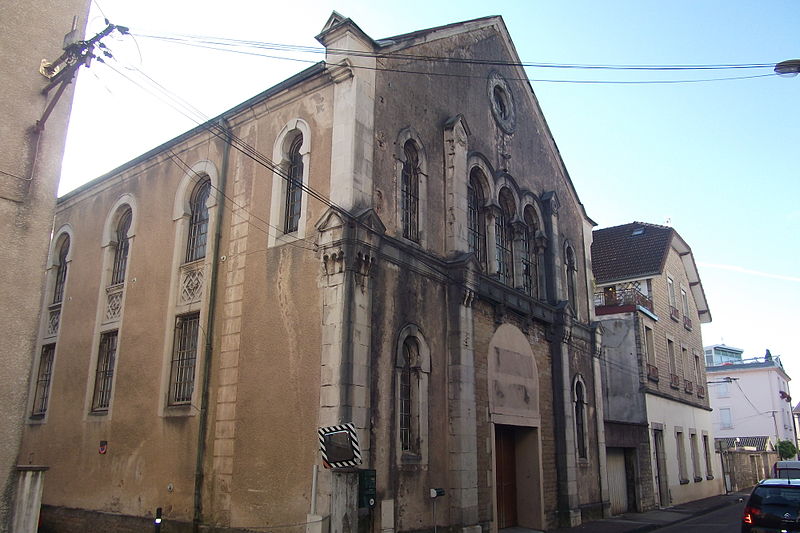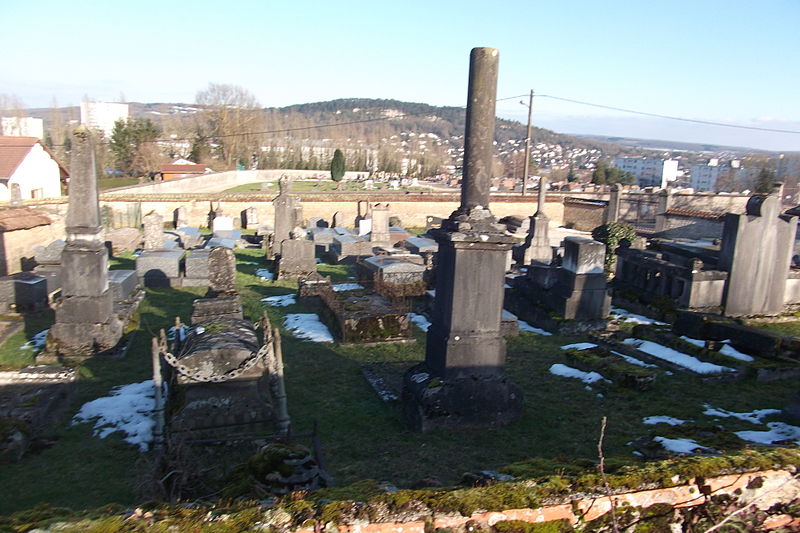While the presence of Vesulian Jews has been documented since the 13th century, a community was formed there notably thanks to the synagogue located on the Grande-Rue.

About fifteen Jewish families lived in the city. If unlike other communities in the region, the Vesulian Jews were not particularly known for their yeshivot, some personalities played a historical role, like the banking family Héliot or Manessier de Vesoul who took part in the discussions. concerning the return of Jews to France in 1359. Jews were regularly accused of poisoning, according to a frequent spread of anti-Semitic rumors at the time.
A small Jewish community was born again following the wave of emancipation caused by the French Revolution, reinforced by the arrival of Alsatians after the war of 1870. Among them, the great rabbis Isaac Lévy and Moïse Schuhl.

Today you can find a synagogue dating back to 1875 as well as a Jewish cemetery built in the 19th century. During World War II, 107 Jews were deported from Haute-Saône. Mayor René Weil was forced to resign in 1940 and returned to his post after the Liberation of 1944. Raymond Aubrac, famous resistance member, was born in 1914 into a Jewish family in Vesoul. Vesulian Jews rebuilt the community after the war, but the synagogue is abandoned.
In 2023, Vesoul town council restored the town’s Jewish cemetery, which had been abandoned and closed to the public. Visits are now possible by contacting the local authorities. That same year, 35 final-year students at the Lycée Belin produced a booklet containing 30 biographies of people born between 1783 and 1933 and buried in the Jewish cemetery in Vesoul.
Sources : l’Est Républicain